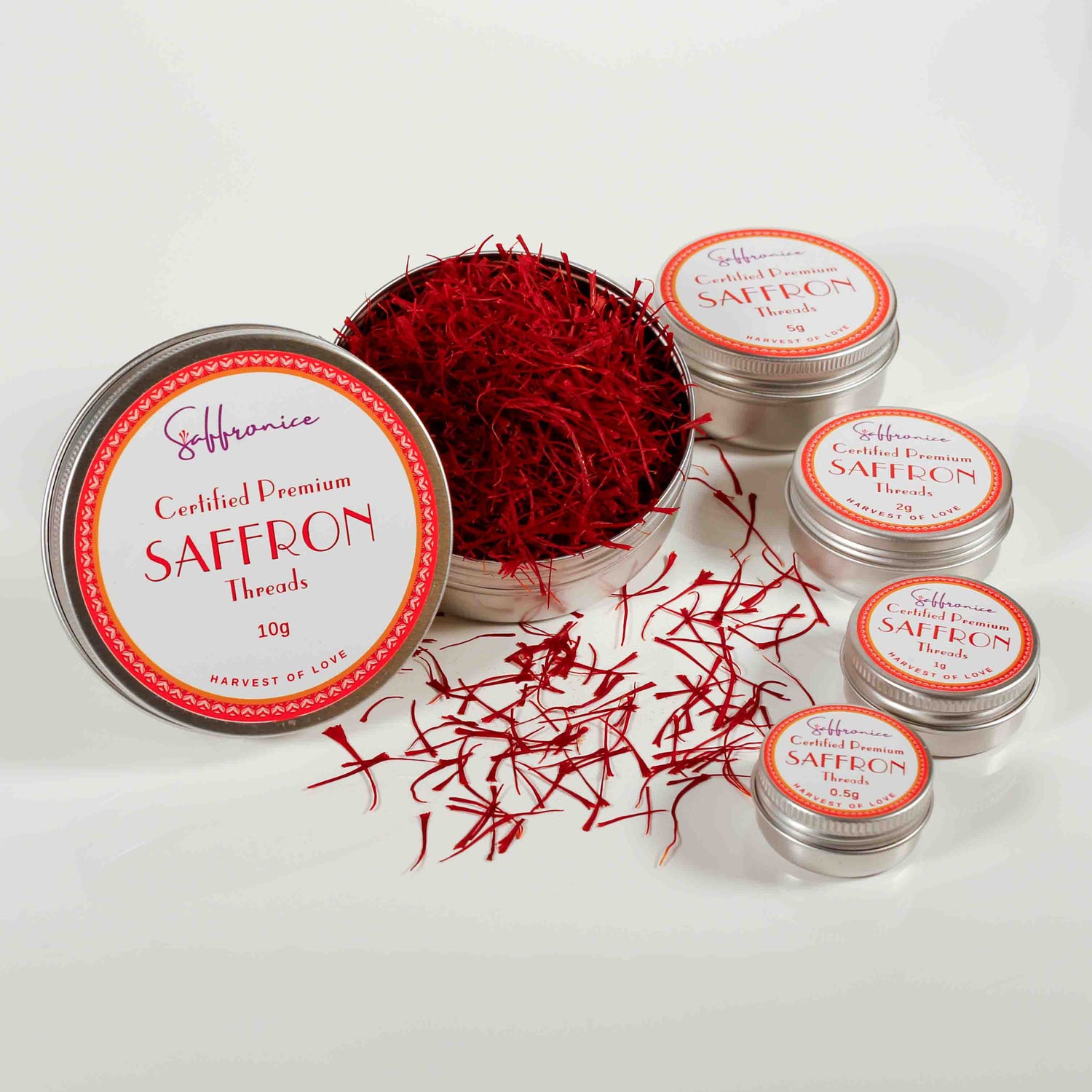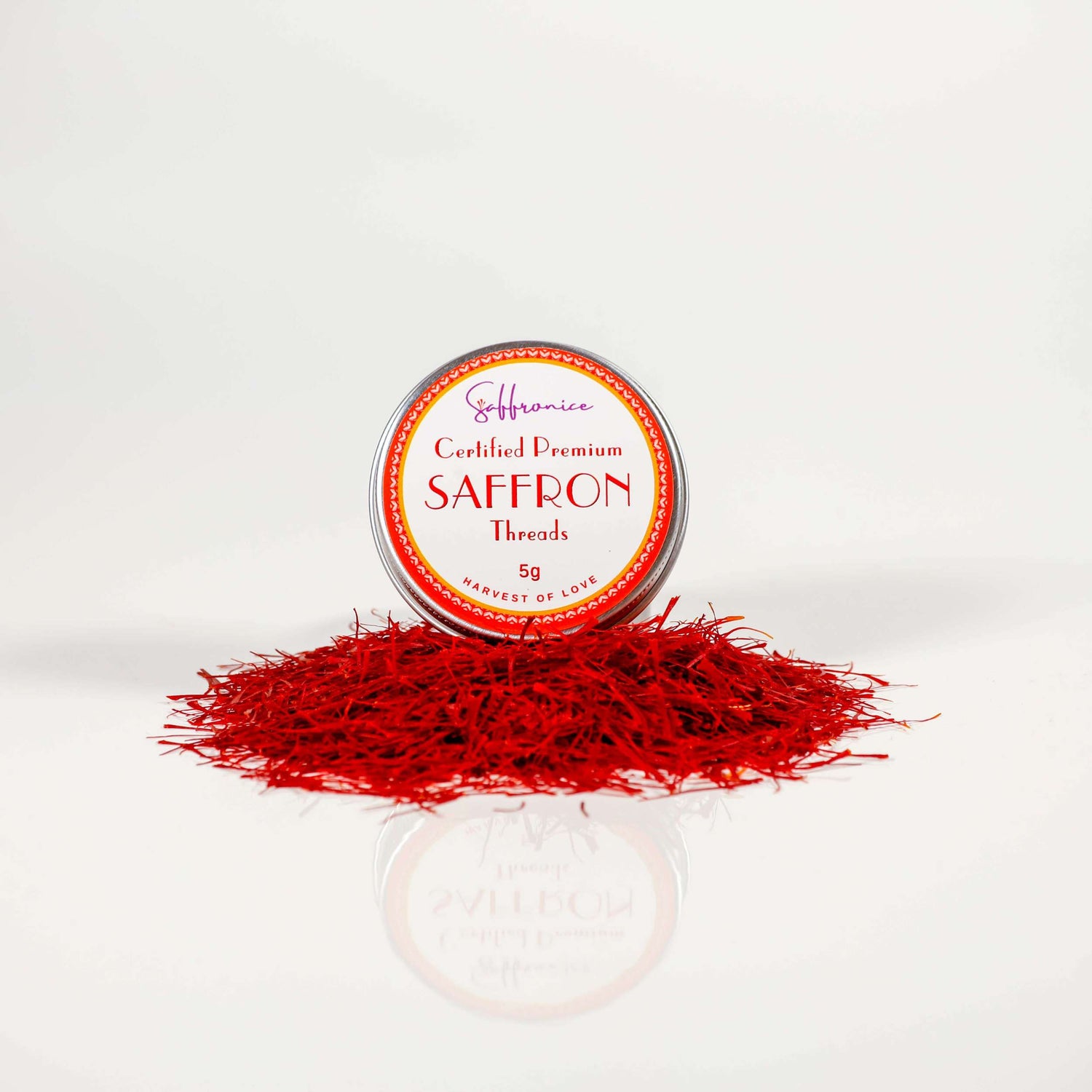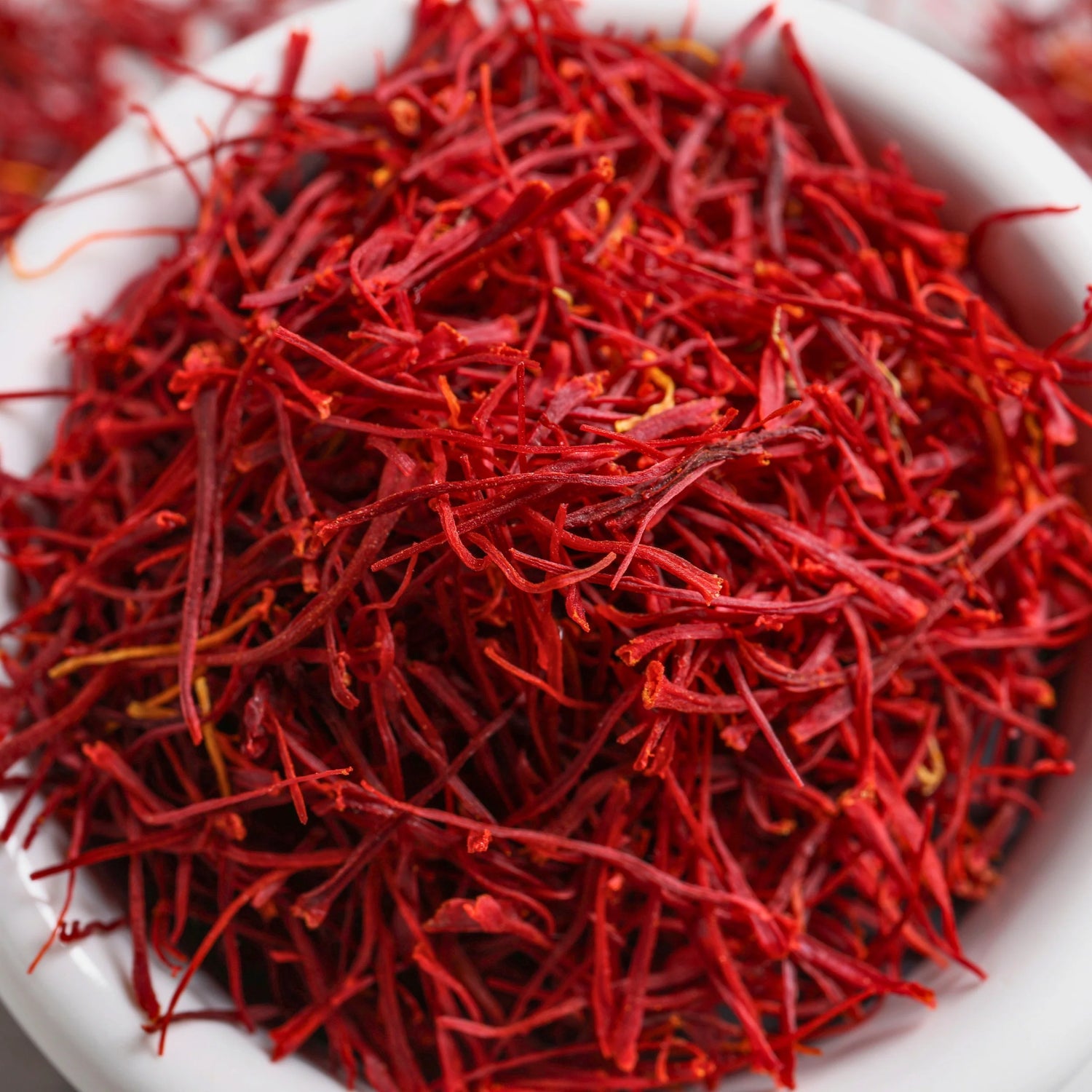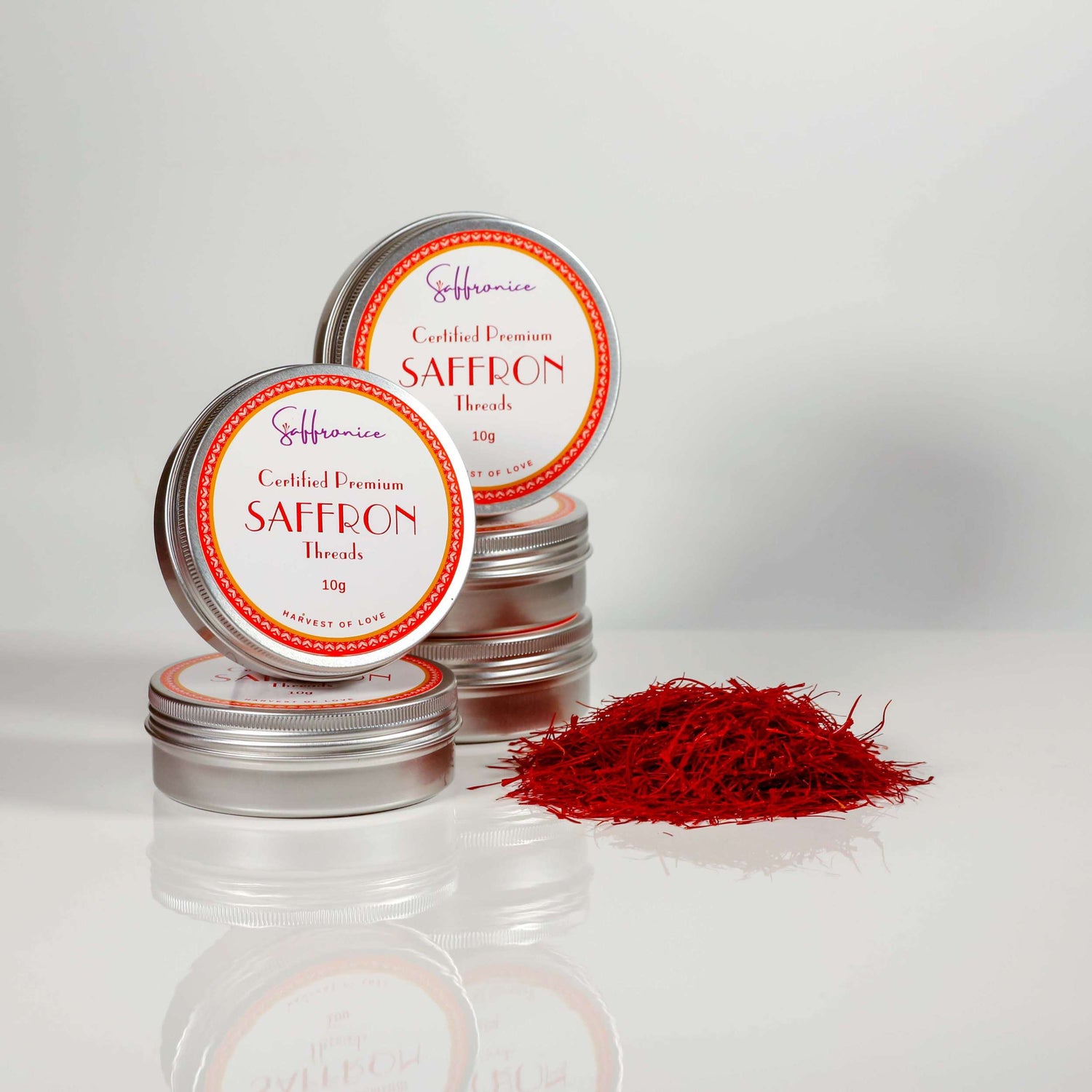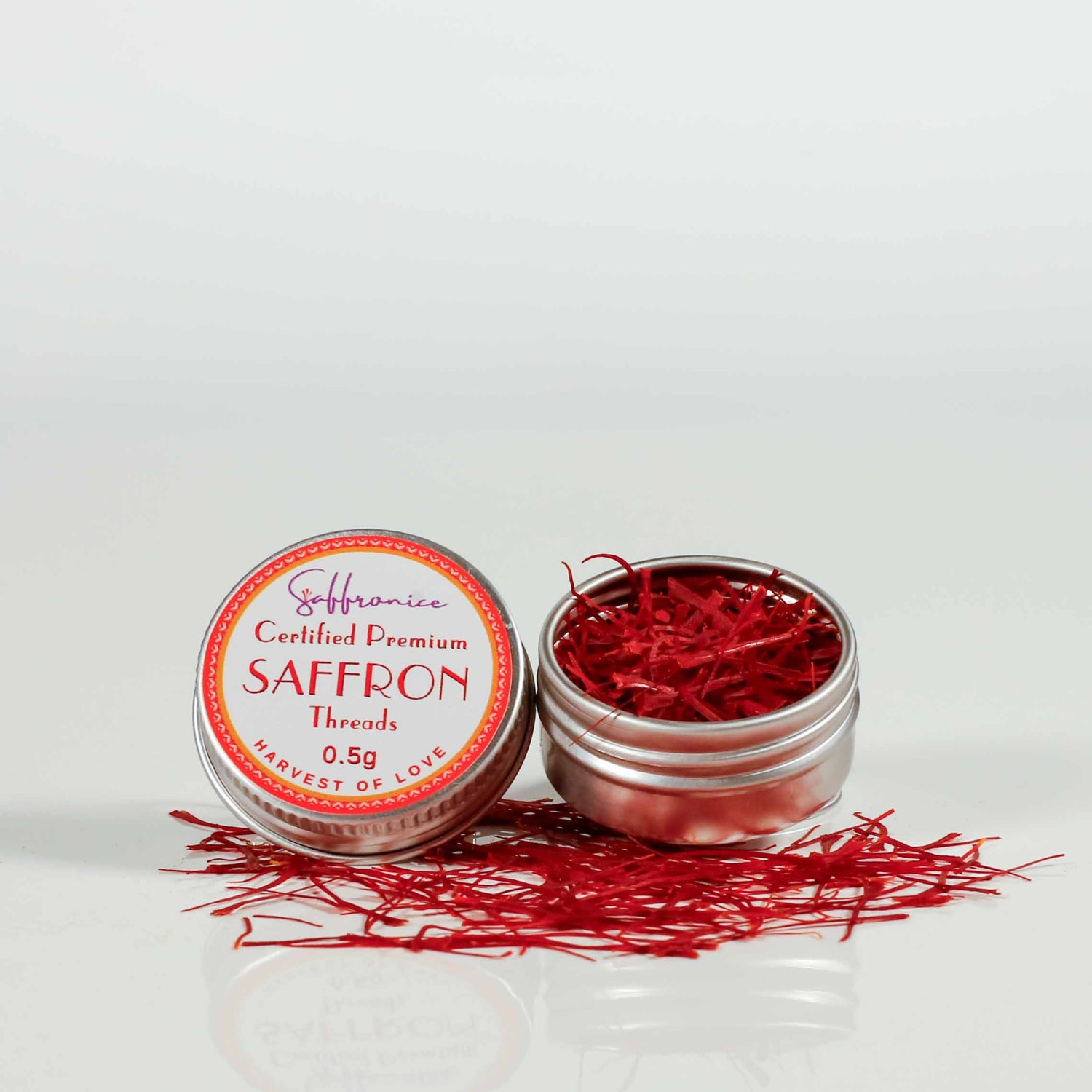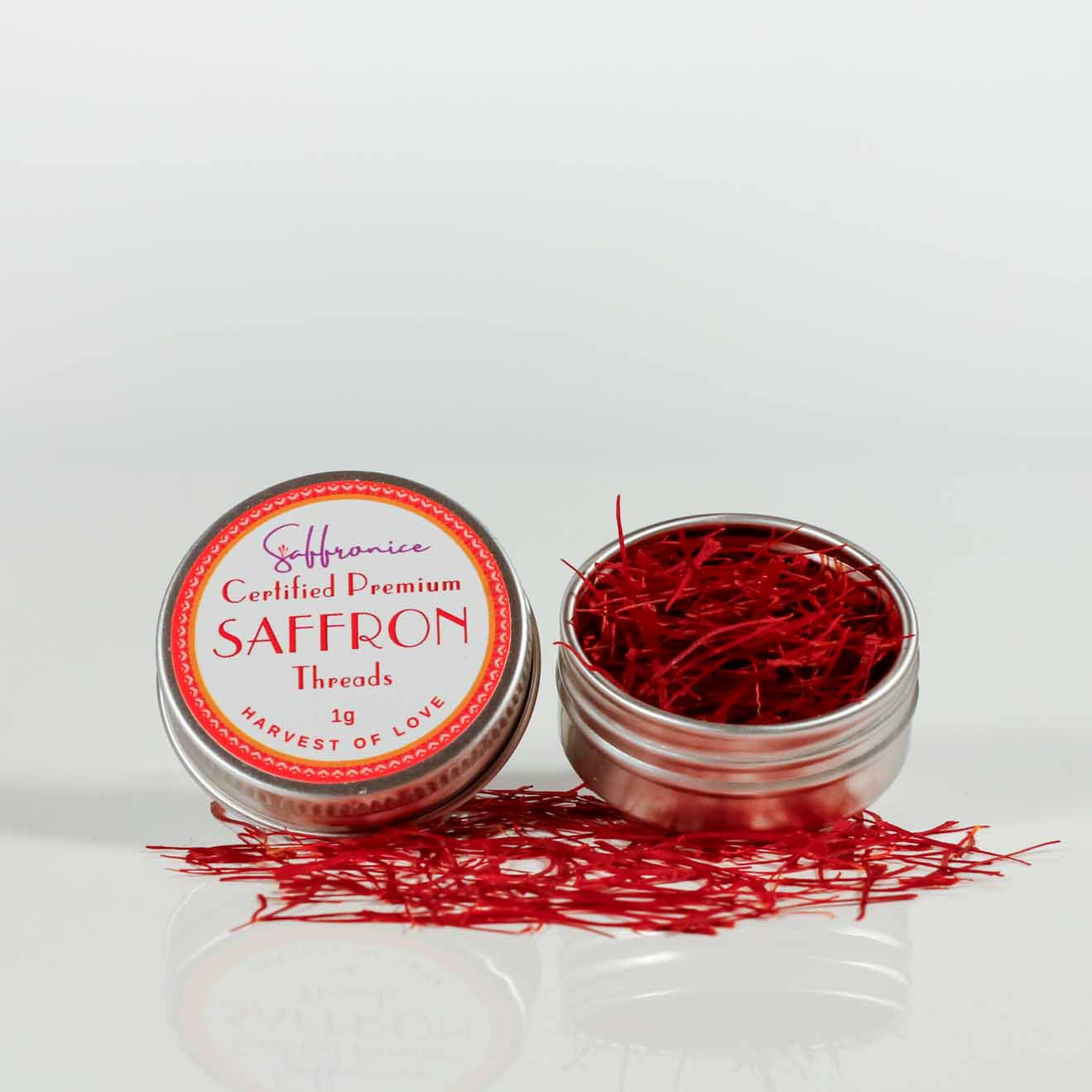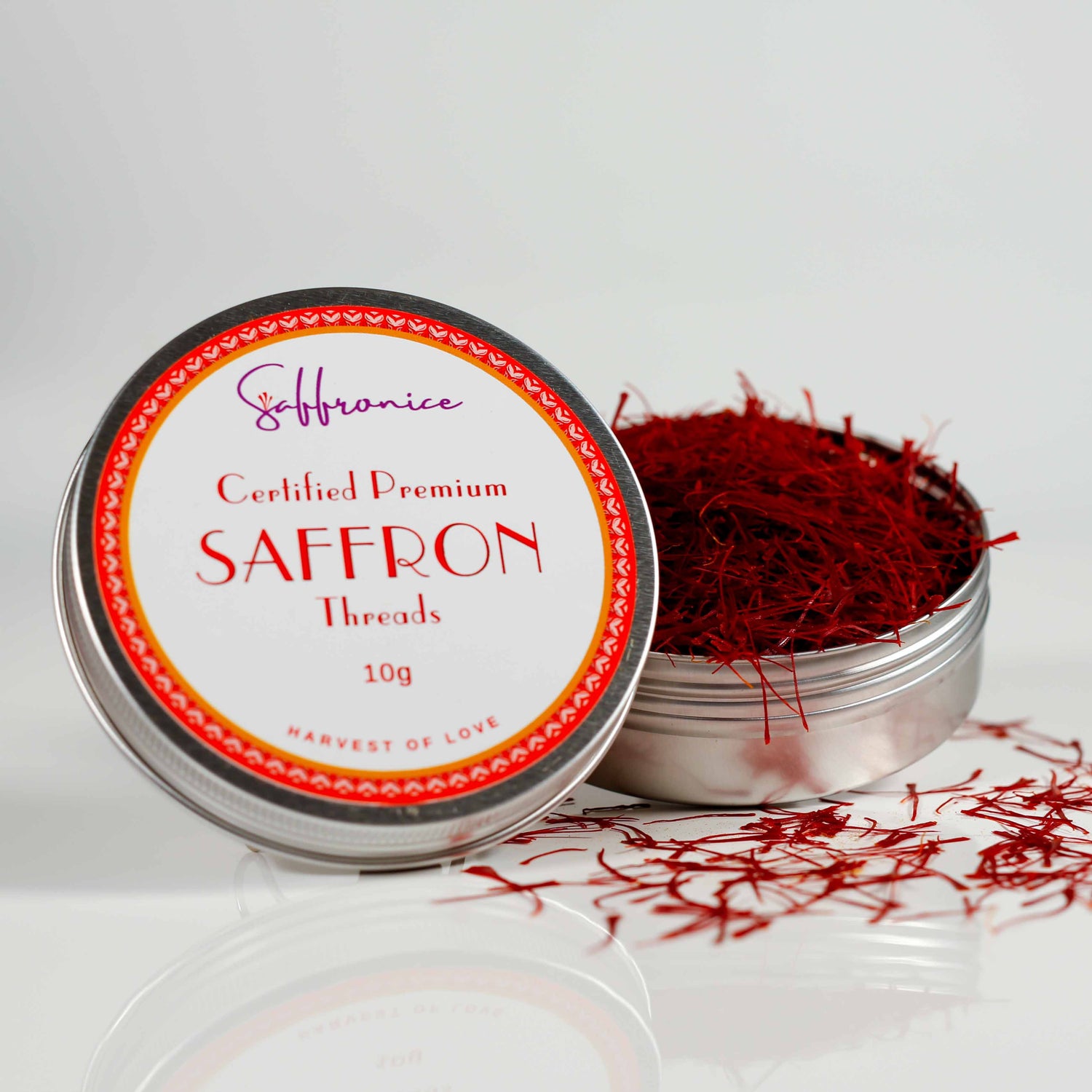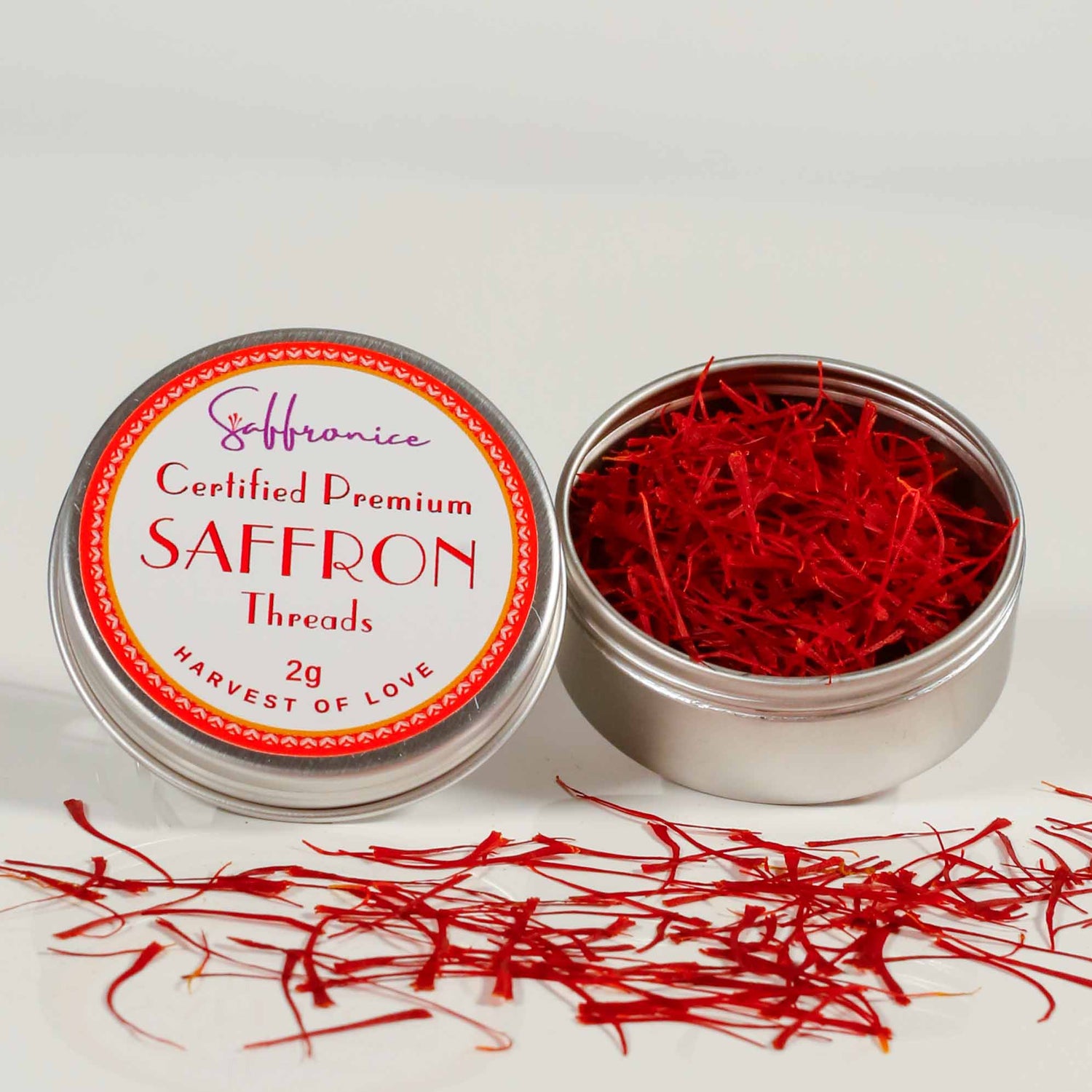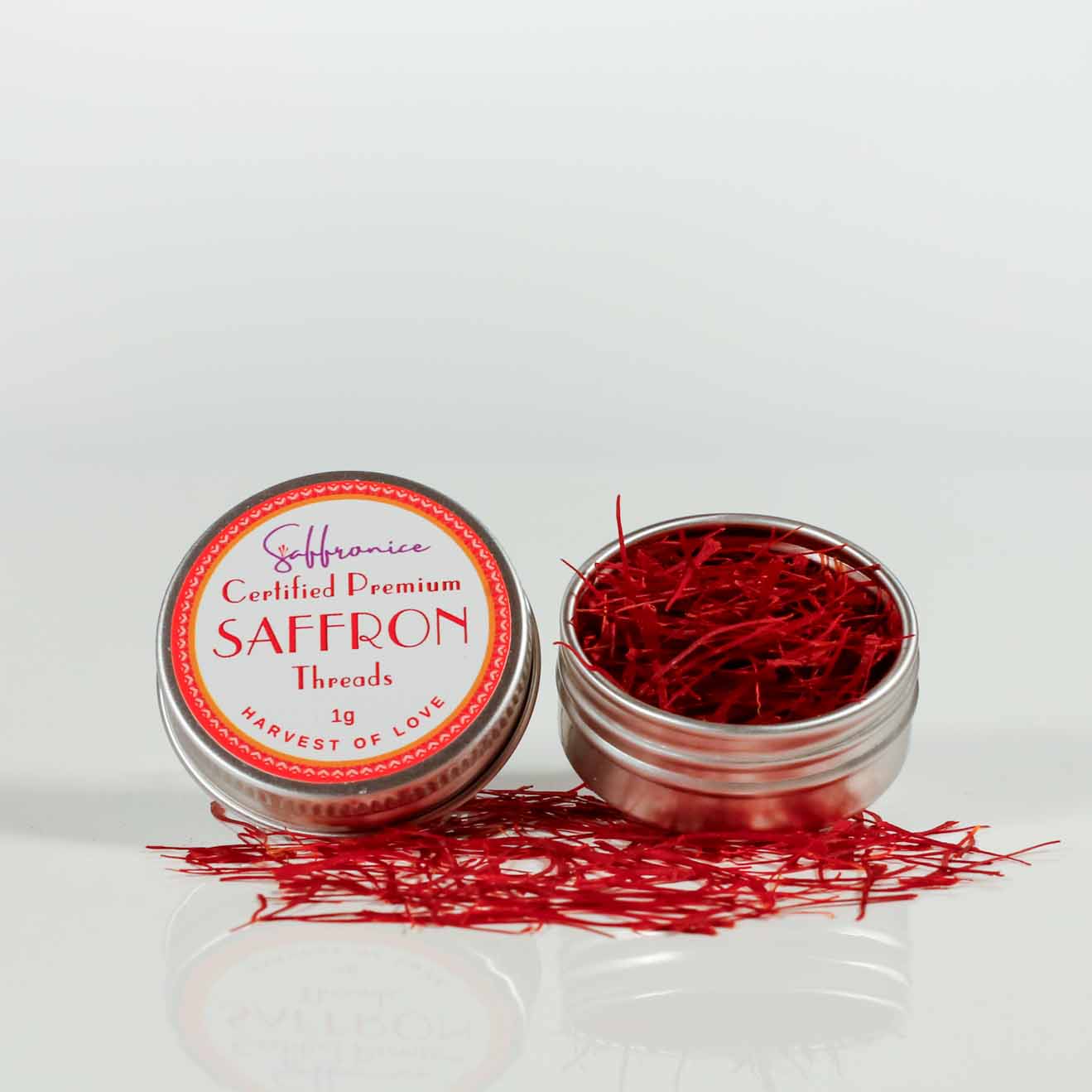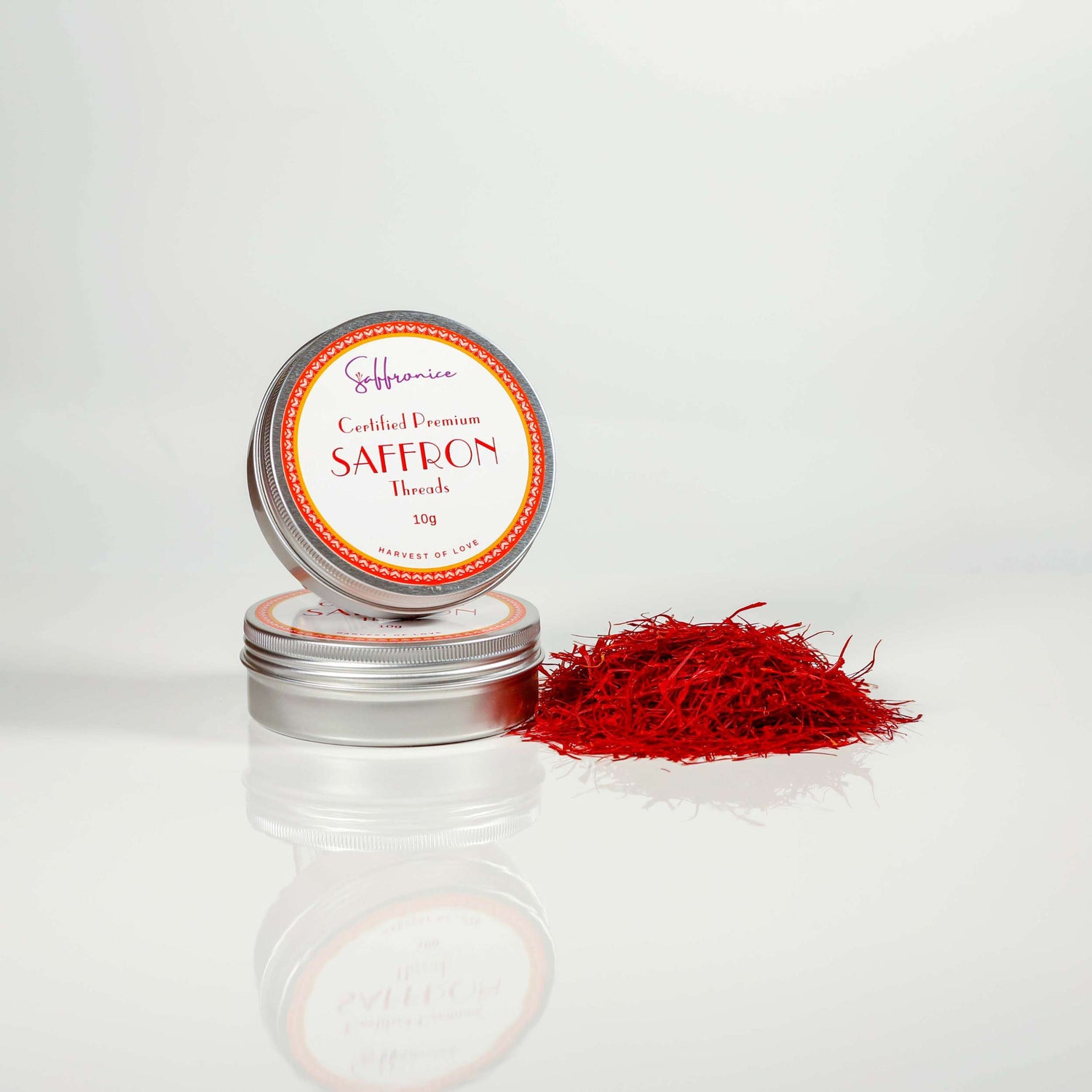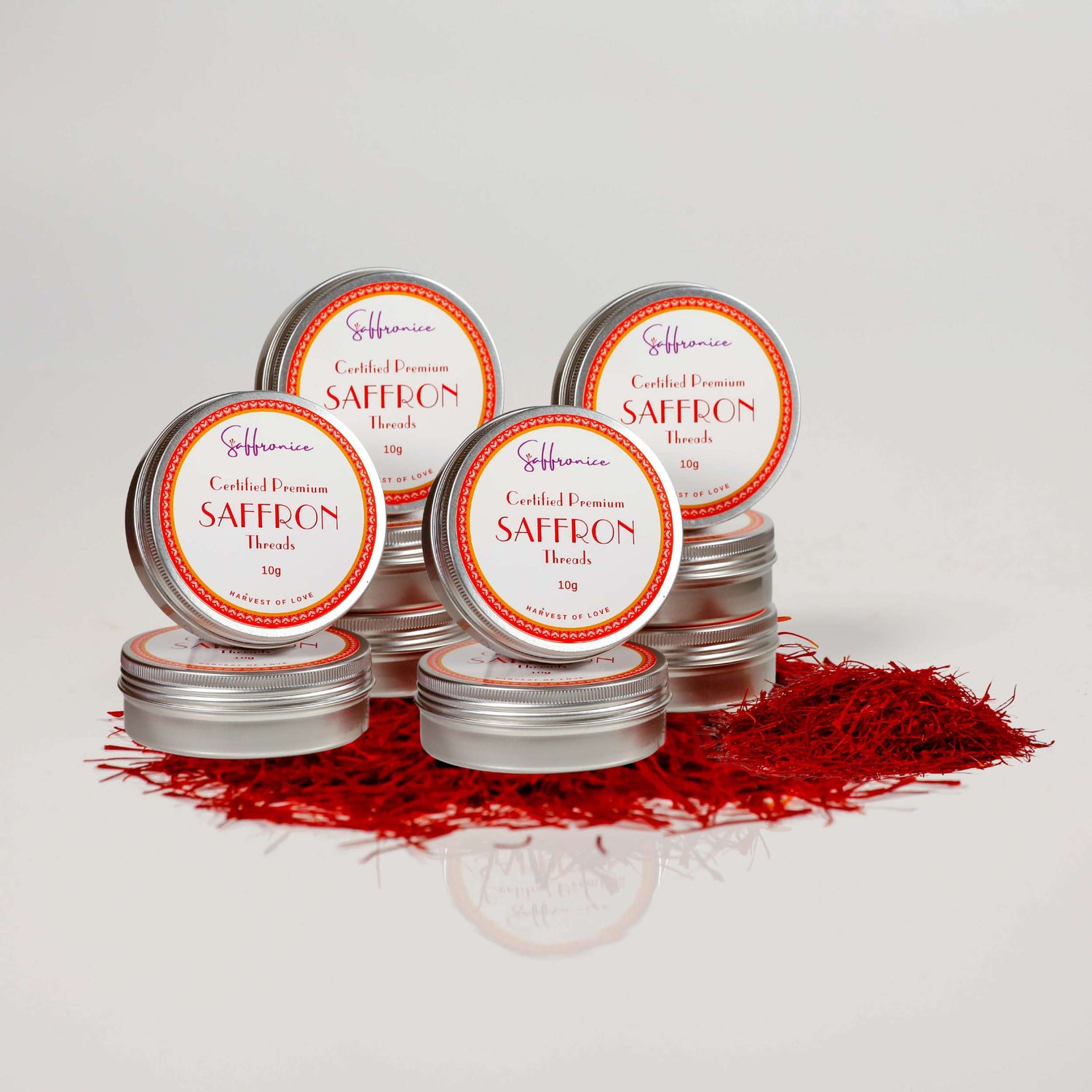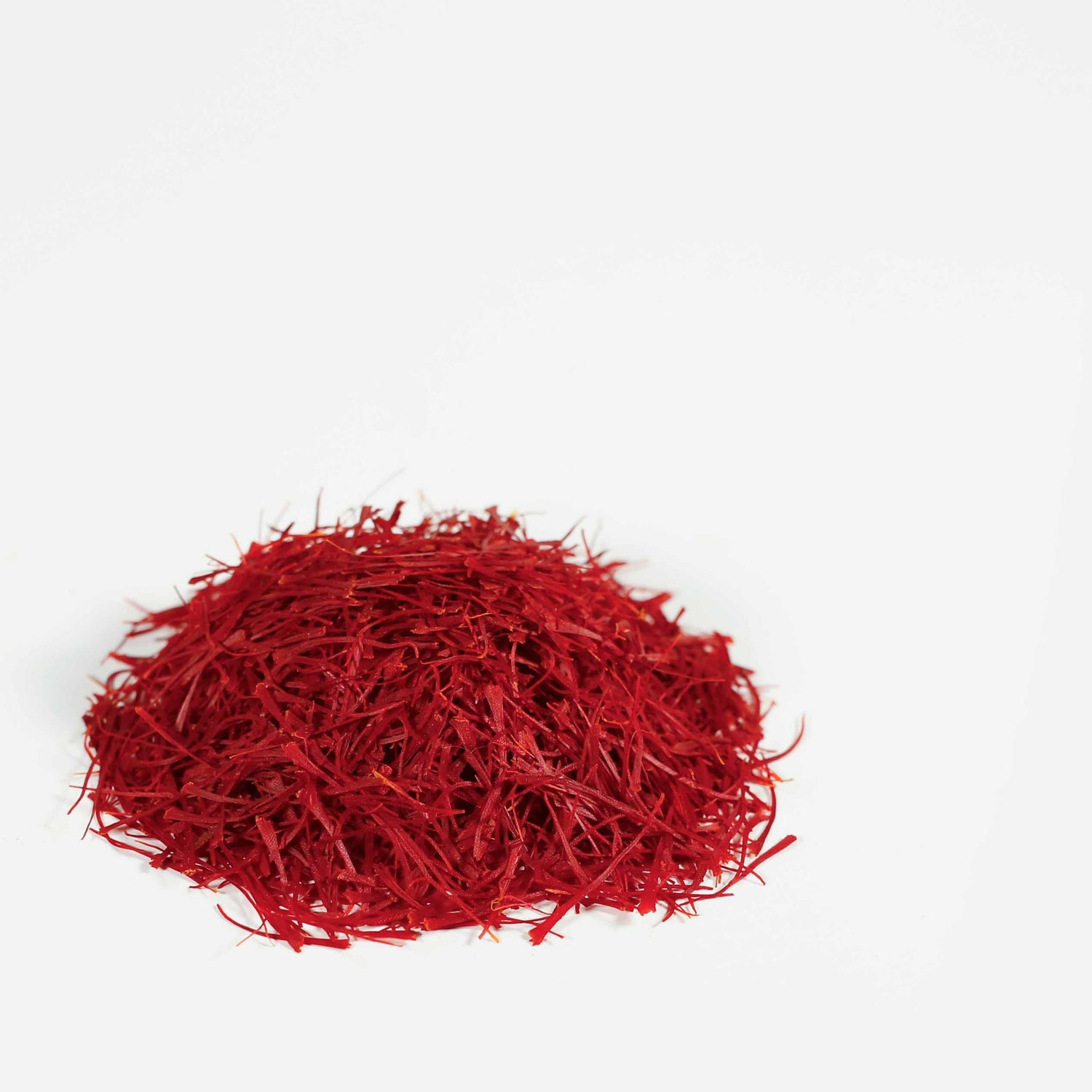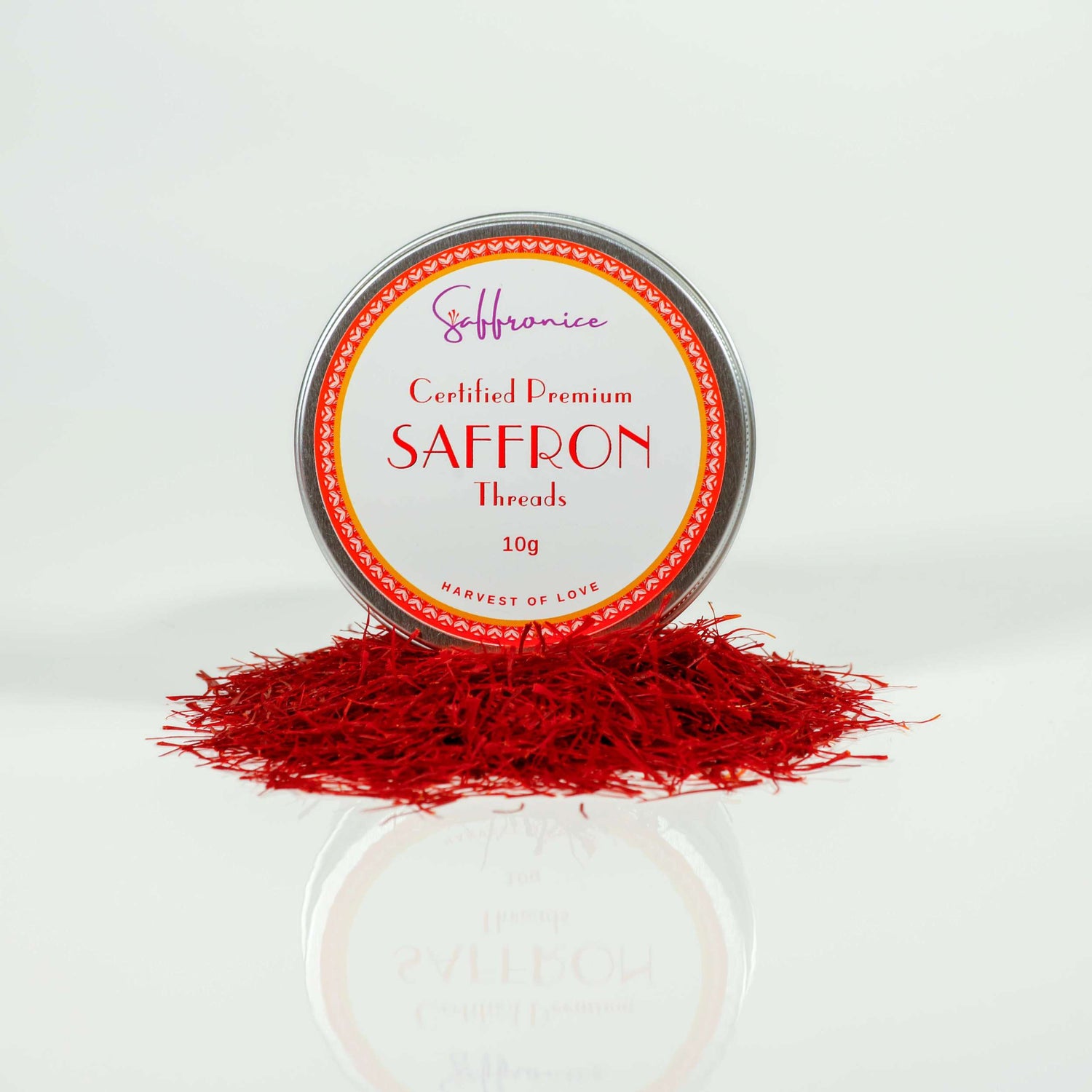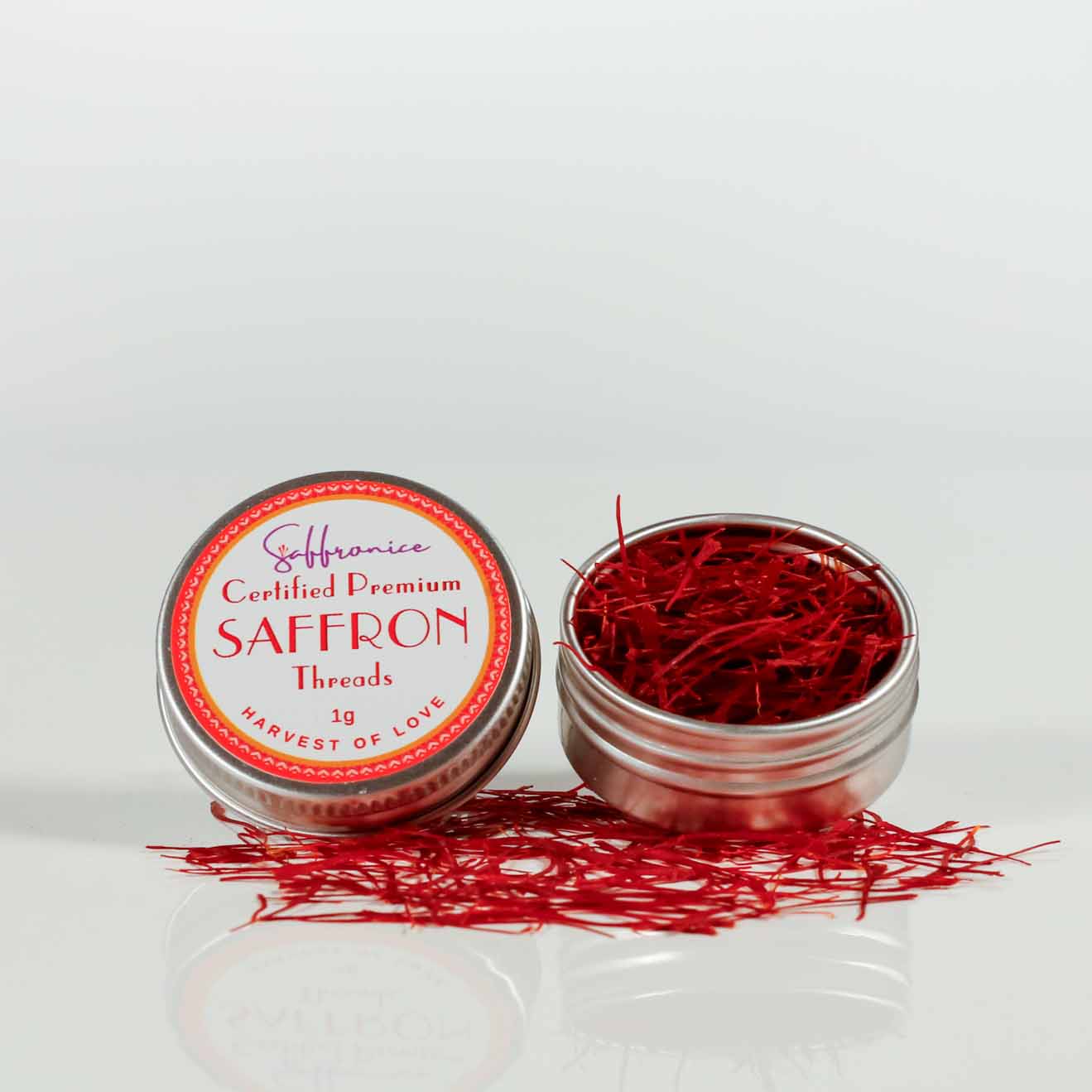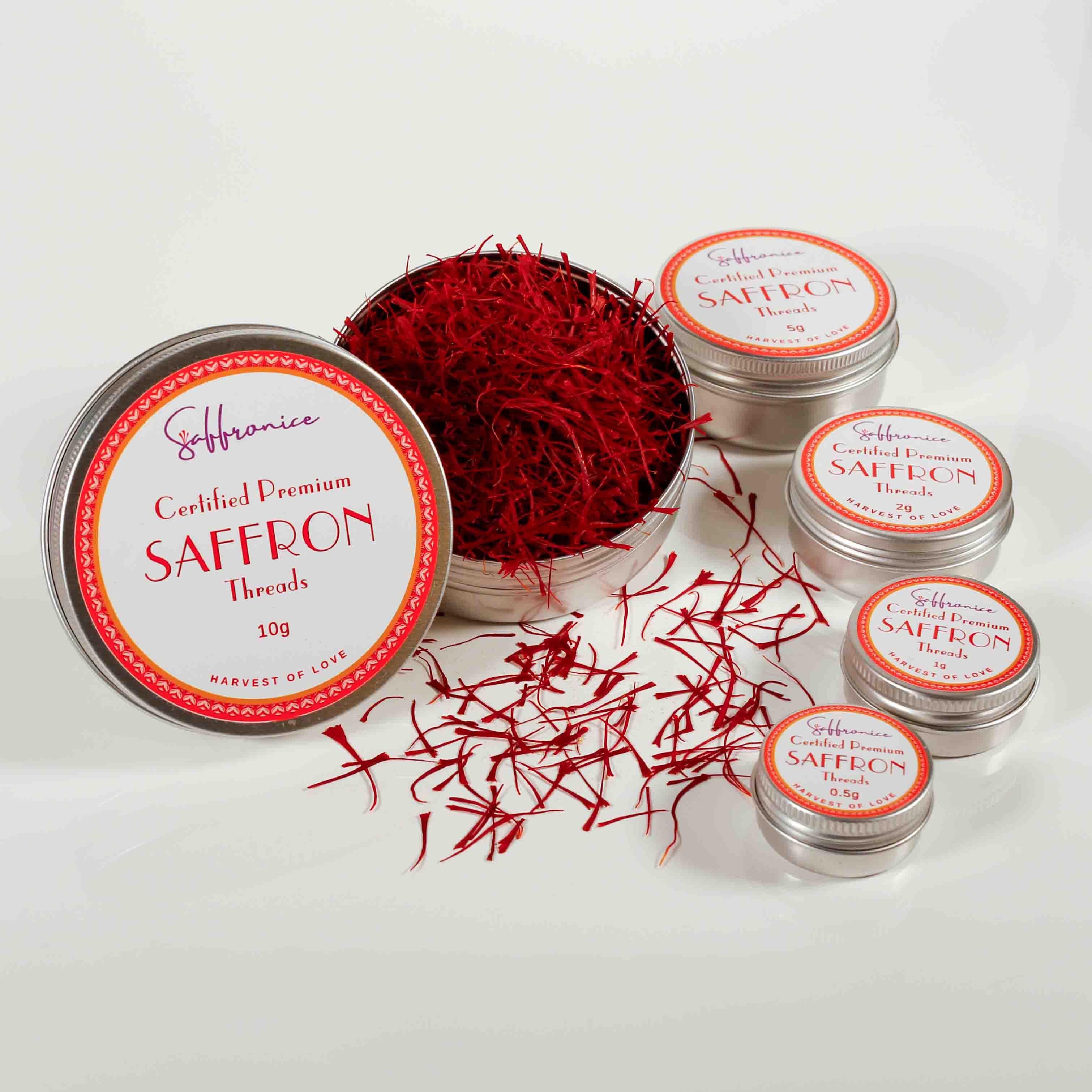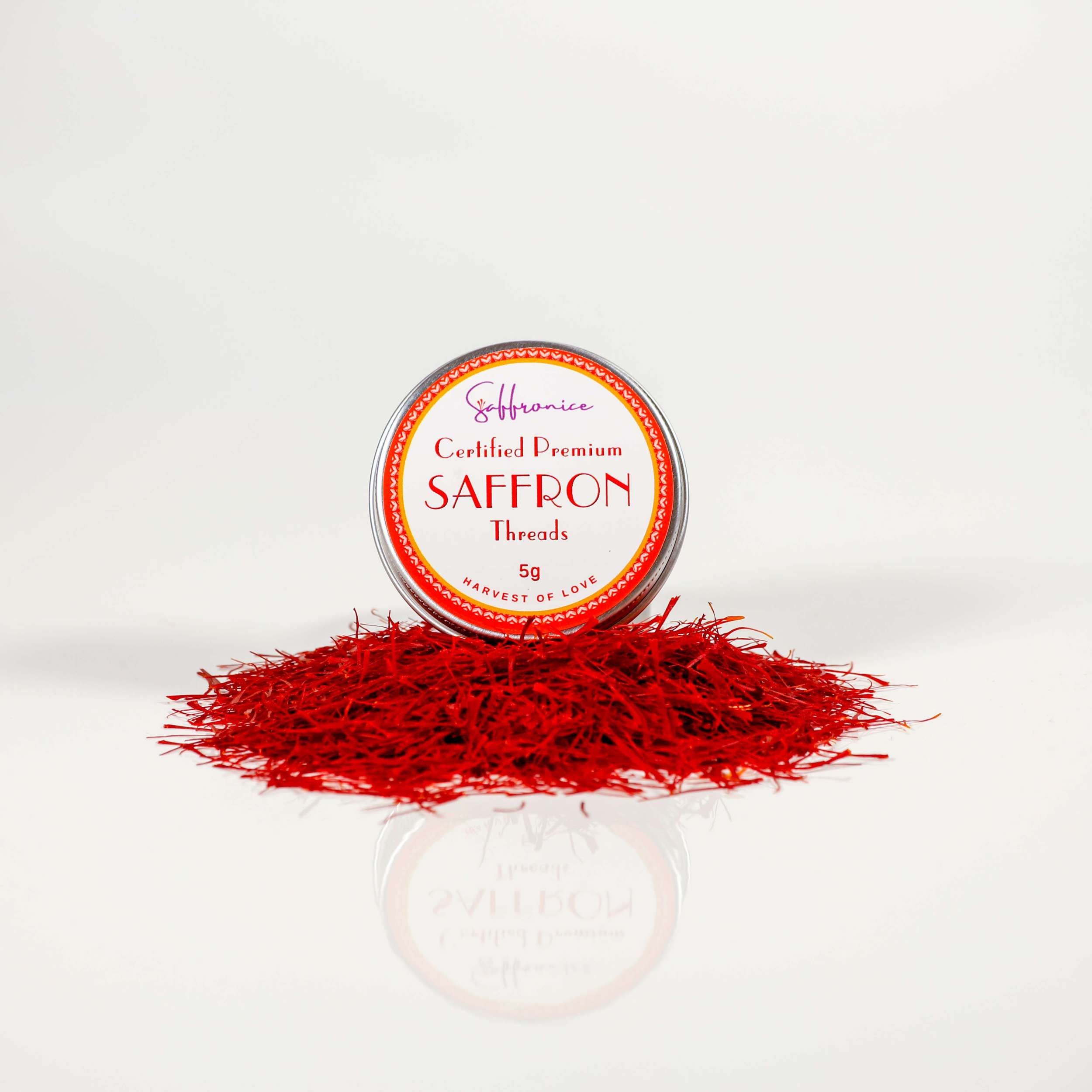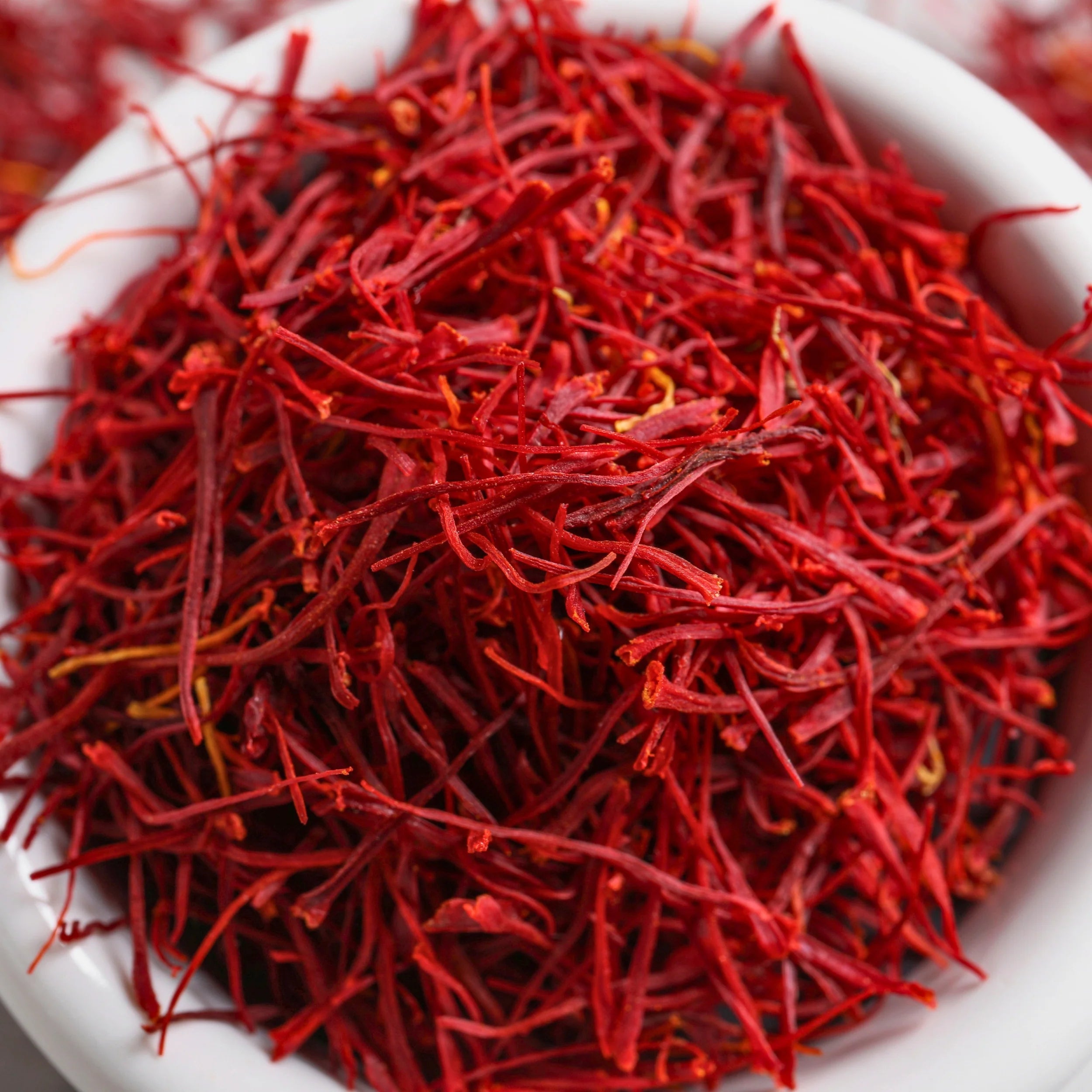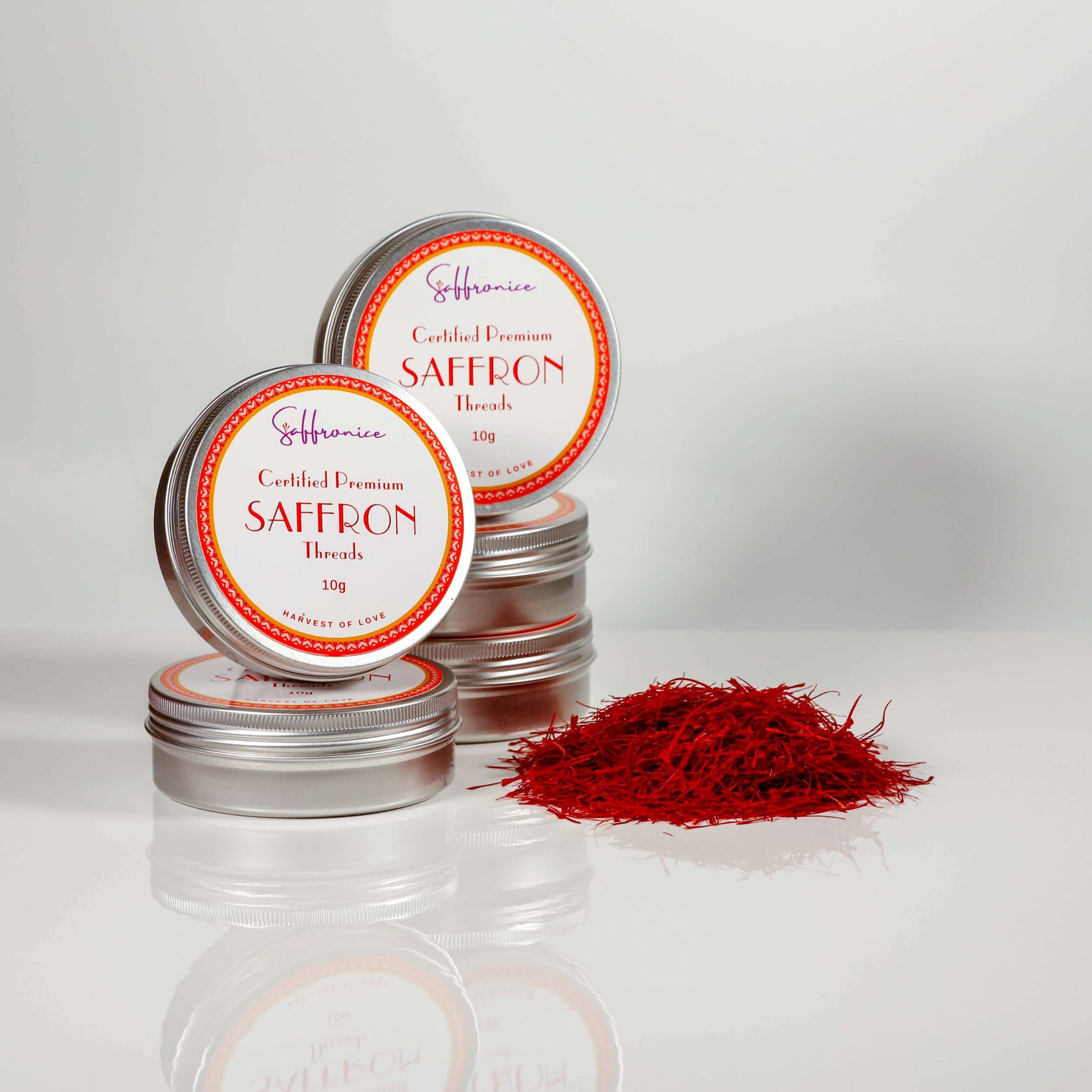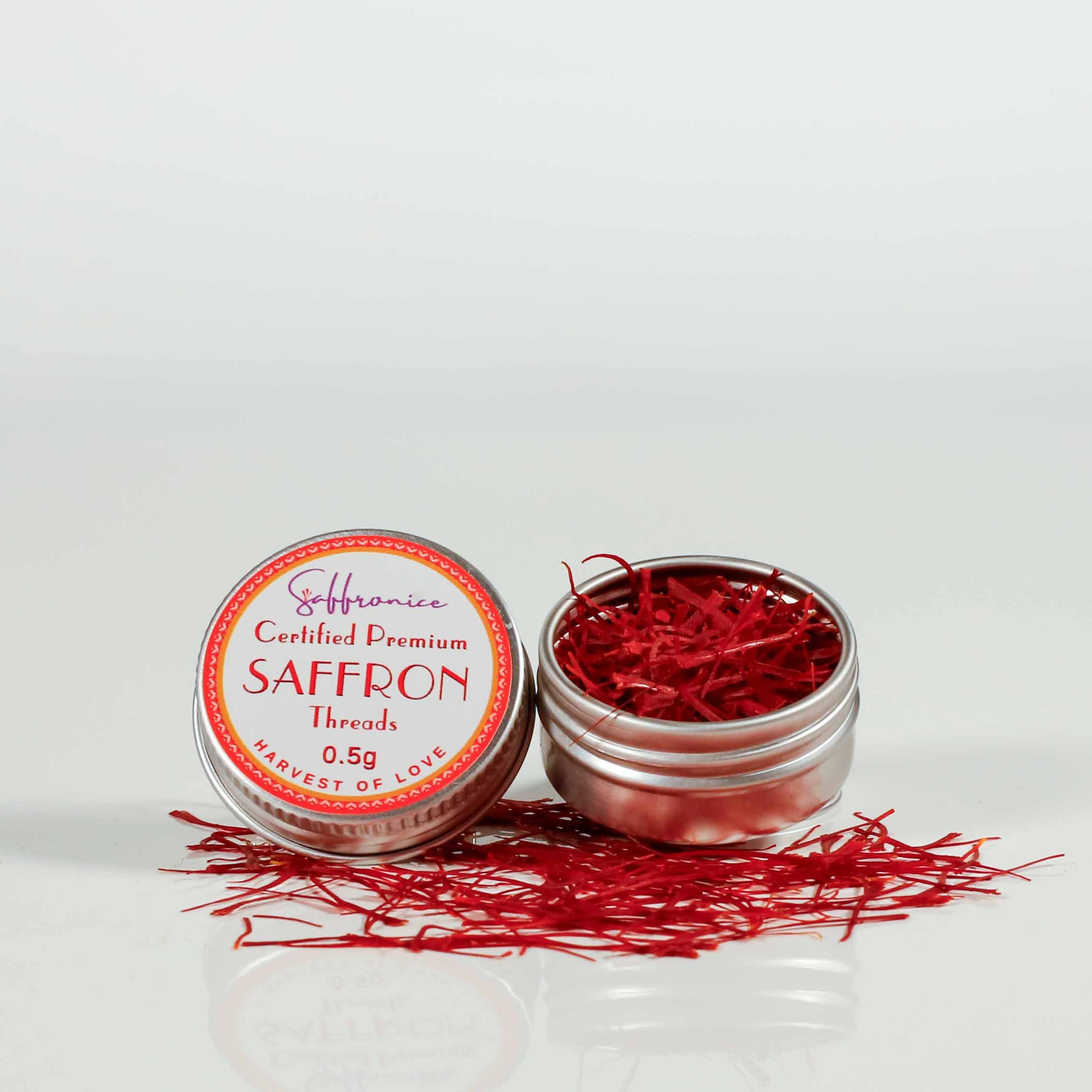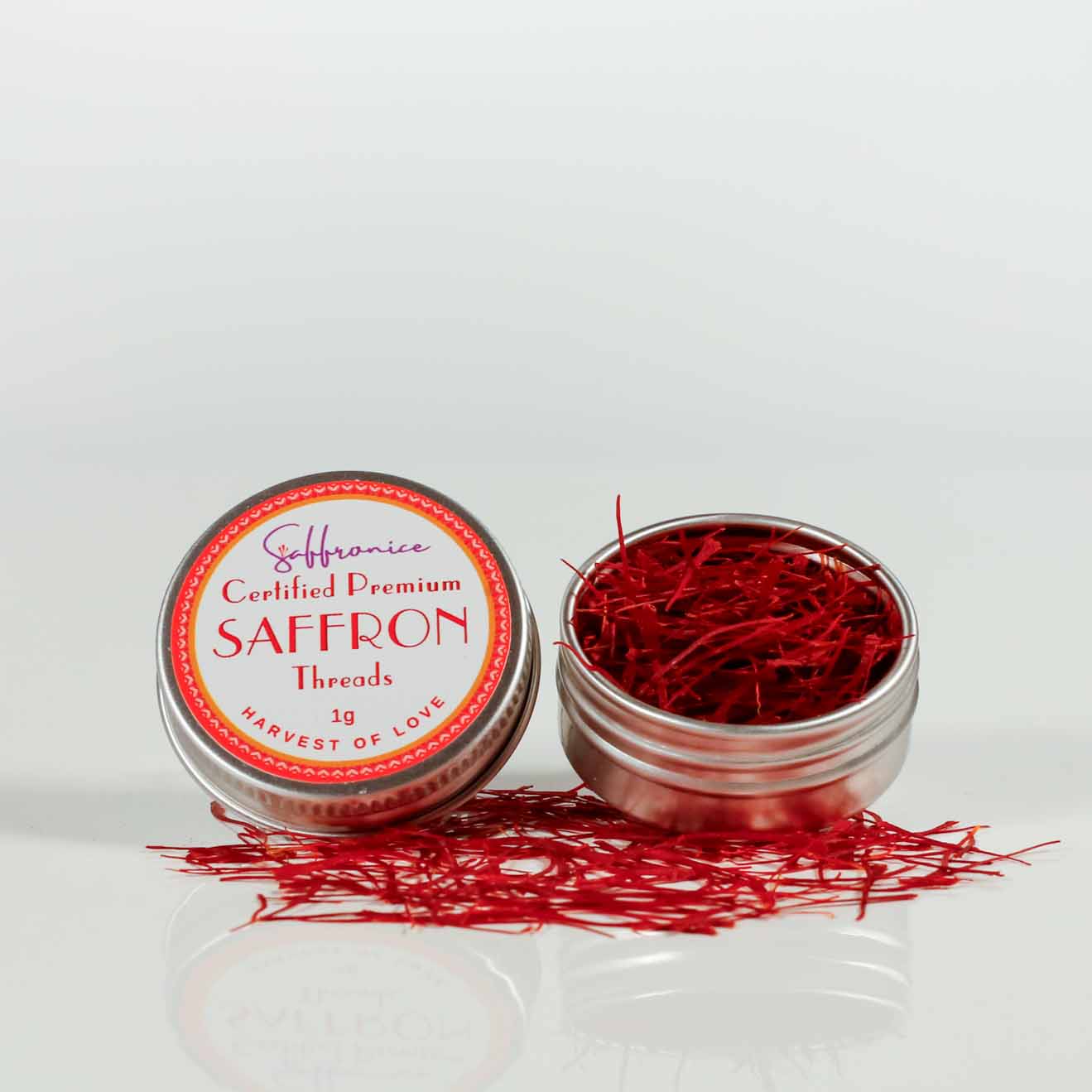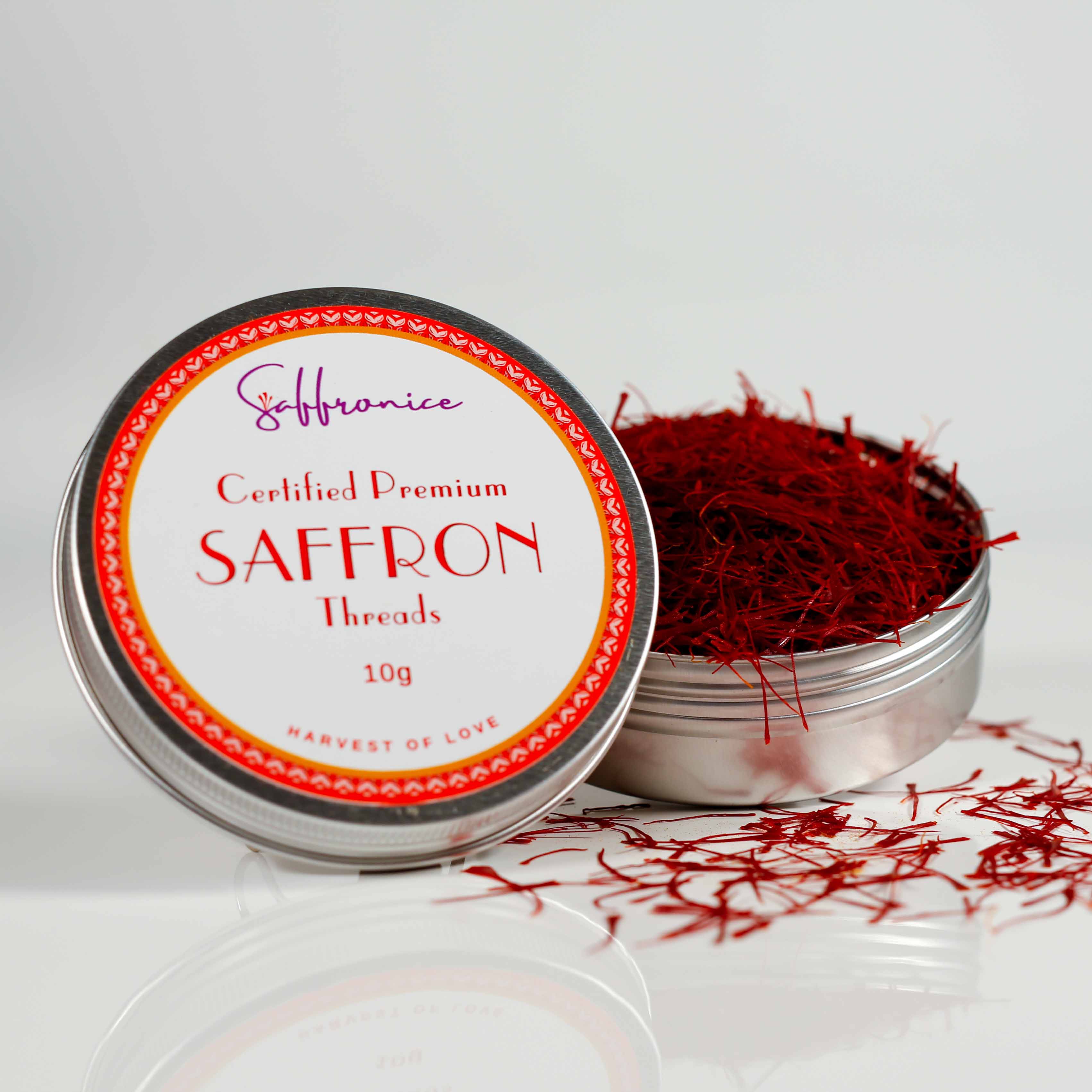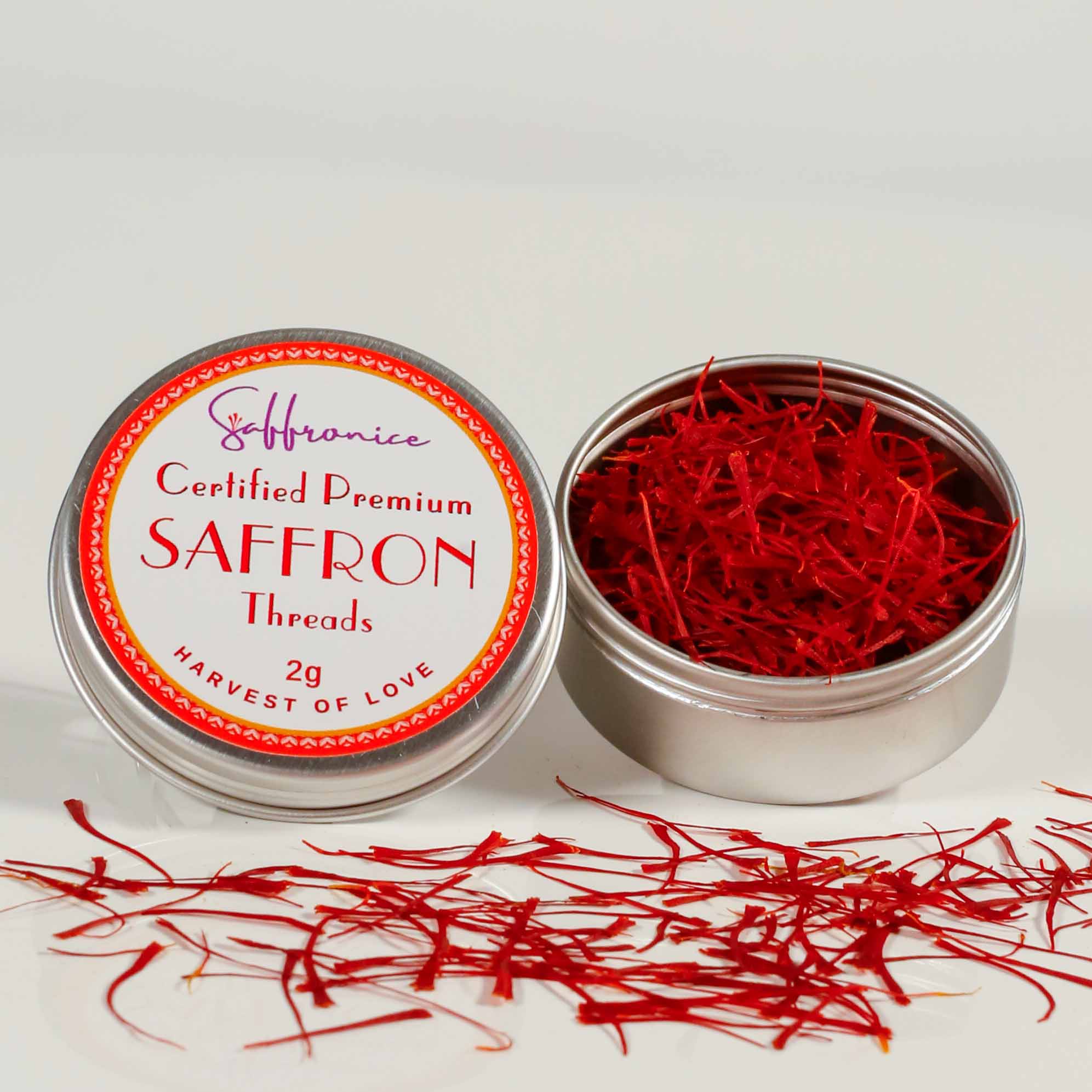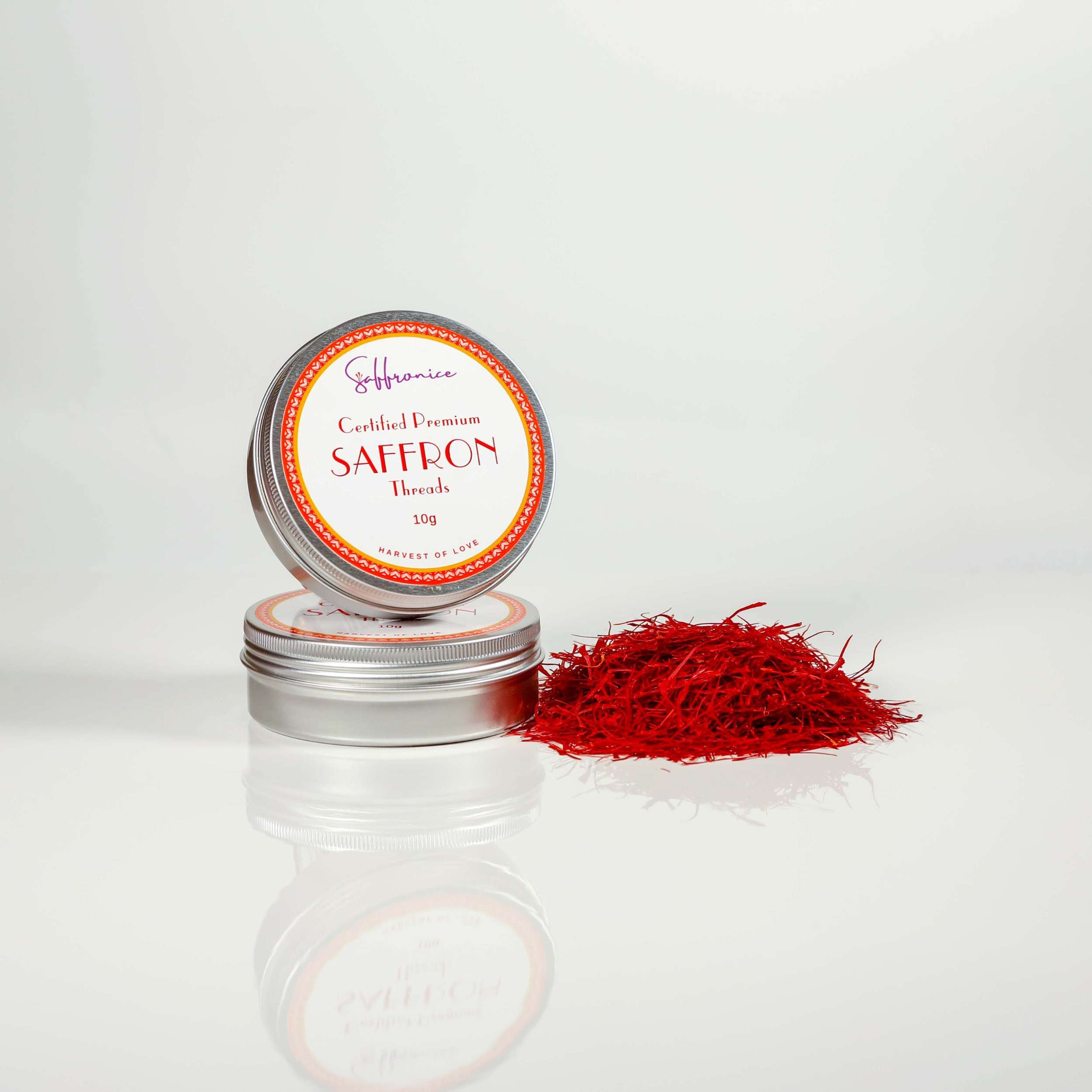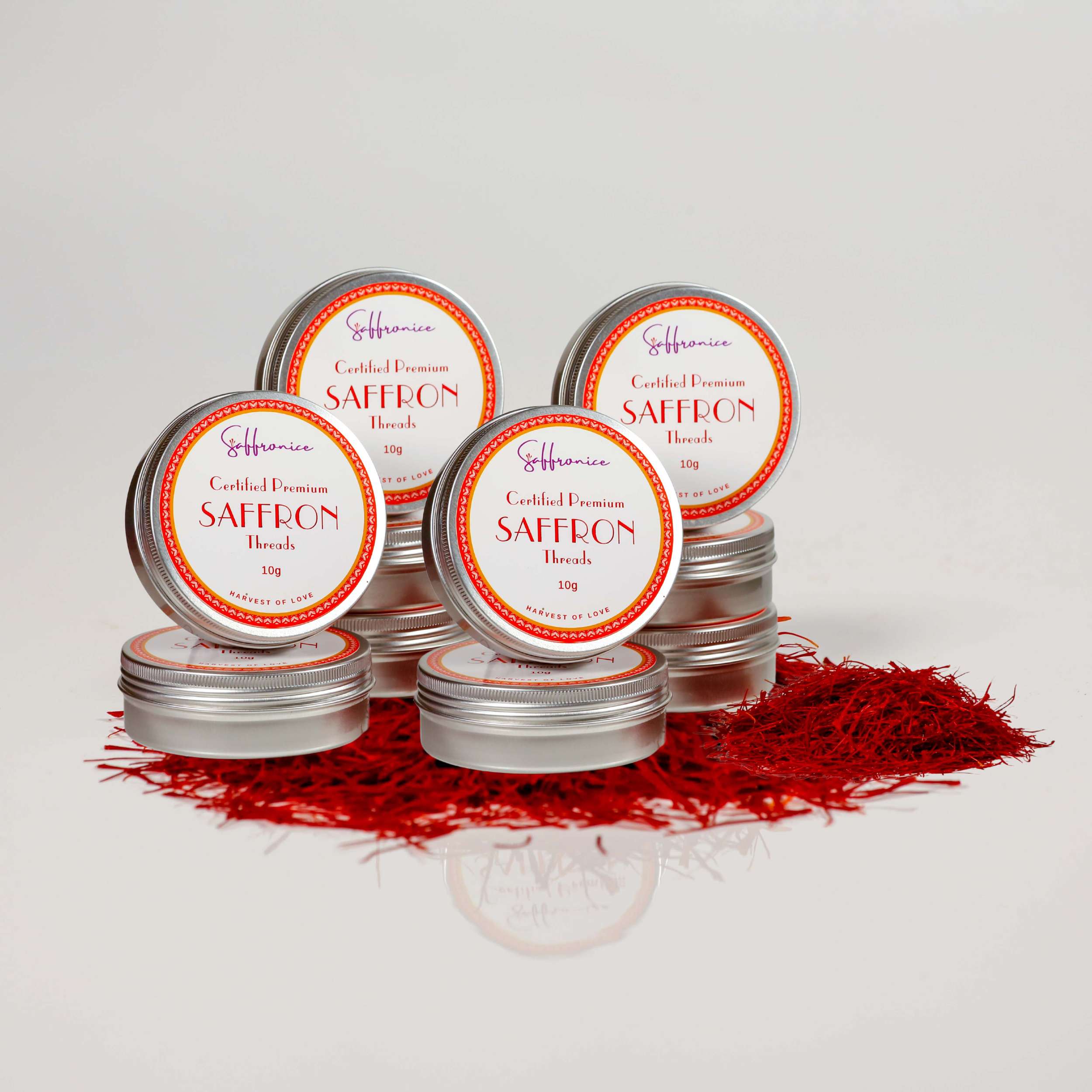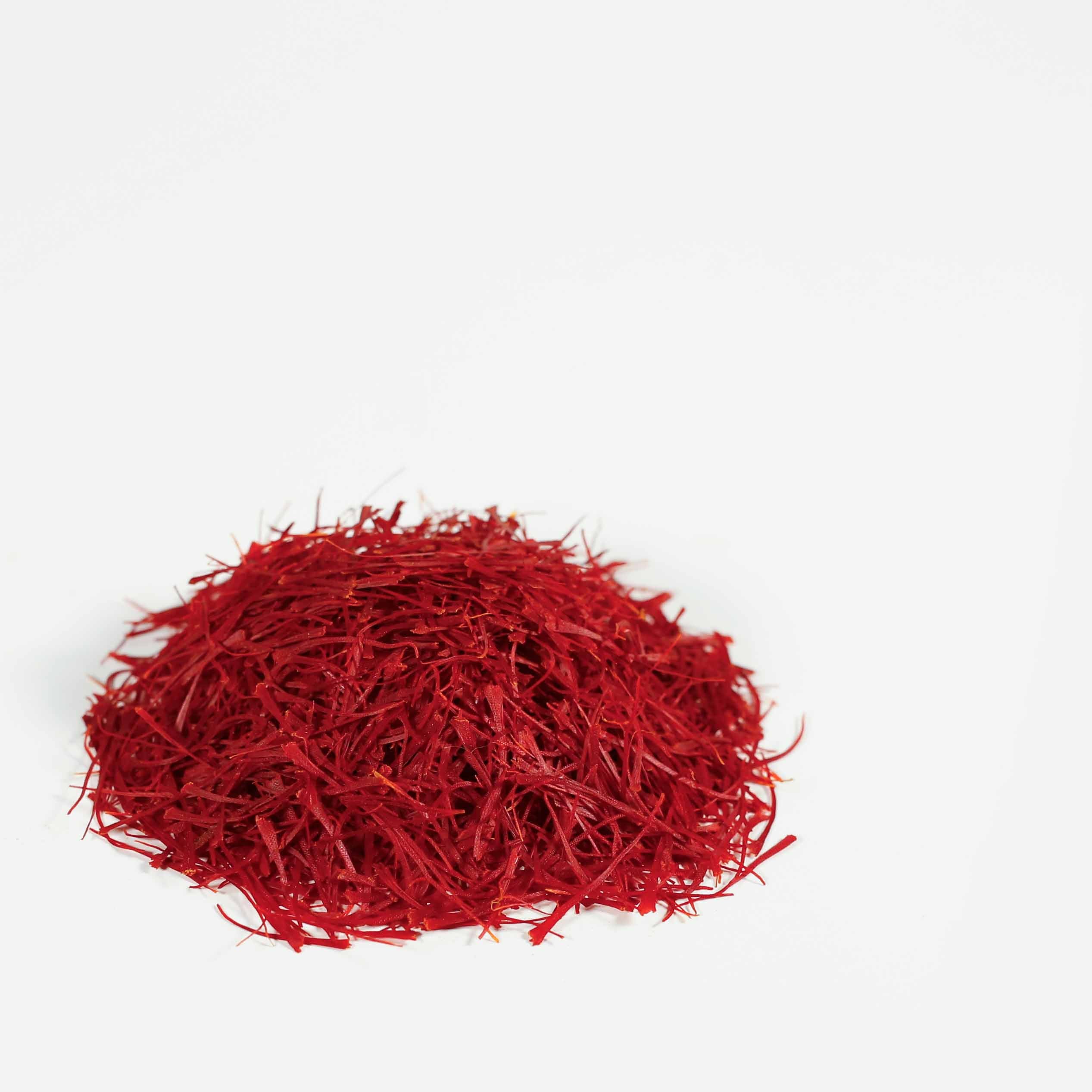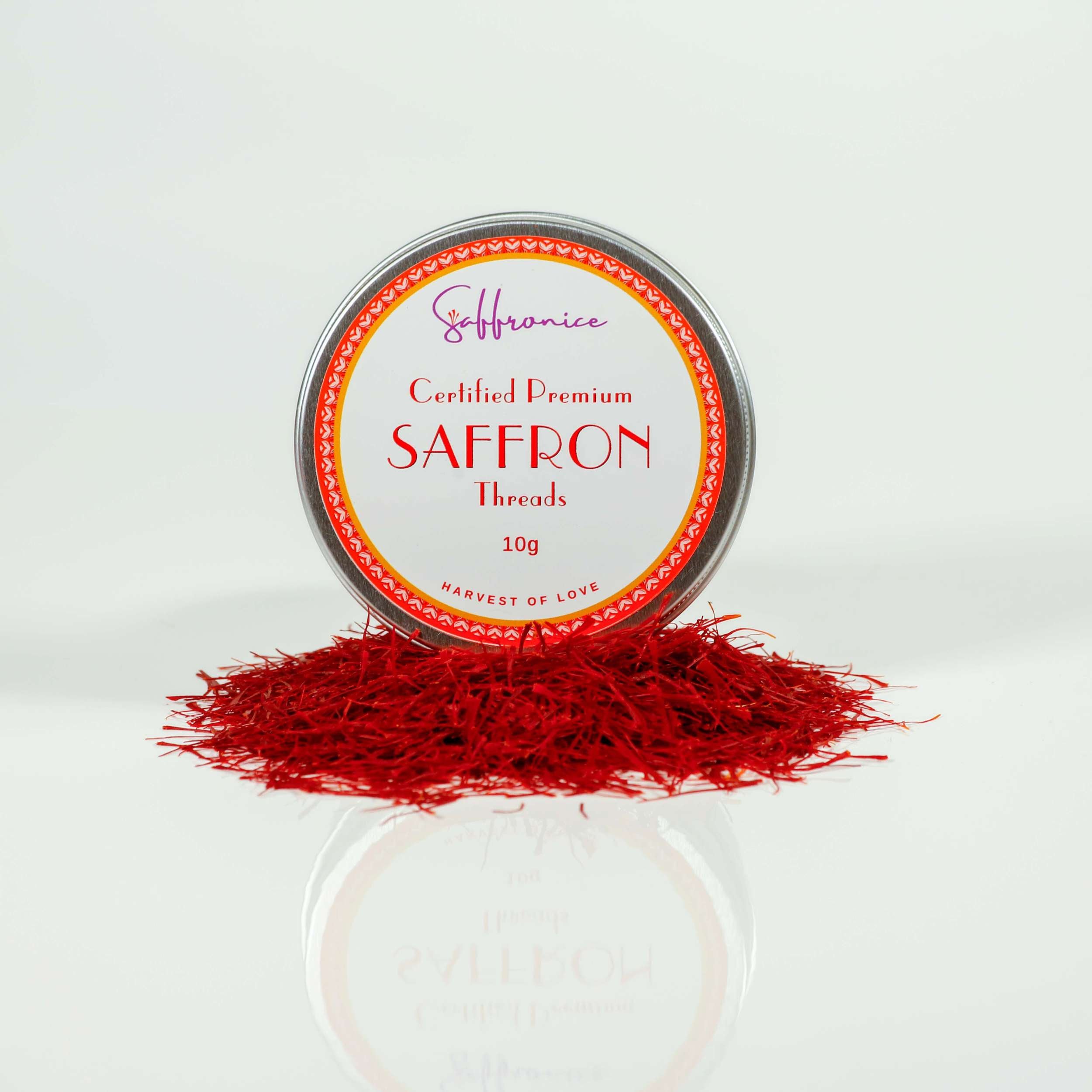Unlocking the Power of Saffron
Saffron’s myriad medicinal benefits have been known about since ancient times. But that’s not to say we know everything about Saffron's biochemical powers just yet. In fact, new research is still discovering more about this amazing little plant, with studies and trials demonstrating Saffron's potential as a treatment for everything from heart disease to Alzheimer’s. And one of the most exciting areas of this research is investigating whether or not we can use saffron for cancer prevention and treatment.
While these studies are still in the very early phases, the first results are certainly intriguing, and offer hope that this ancient spice may one day be used to treat the most serious of illnesses. In this article, we’ll take a look at a few of the most provocative findings from the latest medical research.

Saffron as a tumour inhibitor
An Italian study has shown that under lab conditions, crocetin, one of the most important compounds found in saffron, was able to inhibit an enzyme found in many tumour cells while leaving normal, healthy cells unharmed. The researchers think that this discovery means that saffron might be a useful supplementary treatment to more conventional cancer therapies.
Saffron as a safeguard against the toxicity of chemo
A Malaysian literature review noted that in lab tests on animals, saffron bio-compounds seemed to mitigate the toxicity of the powerful chemicals used in chemotherapy, with a positive effect on various measures of blood toxicity and overall systemic health.
Saffron as a tool in the fight against liver cancer
Researchers in the United Arab Emirates performed studies on the saffron compound safranal and found that it appeared to slow the growth of liver cancer cells. While the practical applications of this finding appear to be a ways off, the scientists who performed the study are optimistic that they may one day be able to develop an effective therapy for liver cancer as well as other types of cancer.

Saffron as a prostate cancer treatment
Another Italian study found that saffron compounds were effective in attacking prostate cancer tumours, both in cultured cells as well as in live mice. The researchers point out that one of the challenges of cancer research is finding compounds that are significantly toxic to cancer cells, but which can be safely administered in high doses without harming healthy cells. Saffron, they are finding, matches that description well, and is a promising avenue for future research.
Saffron as a stress buster
In addition to being used as a treatment to prevent or slow the growth of cancer, there is also another way in which we may be able to use saffron for cancer prevention.
This is because doctors and holistic health practitioners are becoming more and more aware of the role of stress, anxiety, and depression in predicting serious illnesses, including cancer.
Saffron has, since ancient times, been renowned as a natural mood enhancer, and so daily use of this herb may have an indirect effect on cancer prevention as well: by promoting overall systemic health and keeping a person stress-free and happy.
Saffron has been with us for thousands of years, but it appears to be the gift that keeps on giving, as new health benefits and potential therapeutic uses are continuing to be discovered. While the studies discussed here are still just first steps, it’s encouraging to think that saffron may one day provide us with a new treatment for even the most serious diseases: a new hope from an ancient plant.
Learn more about the health benefits and side effects of saffron



